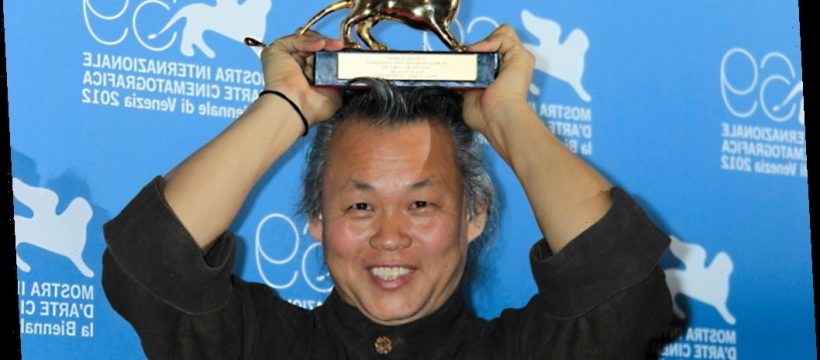South Korean filmmaker Kim Ki-duk has died at the age of 59 from complications arising from Covid-19 while in Latvia, according to local sources.
The filmmaker died in the early hours of this morning (December 11) local time at a Latvian hospital where he was being treated for coronavirus. He is understood to have travelled to the Baltic country with the intention of buying a house in order to obtain a residency permit. The news was confirmed by Vitaly Mansky, the Russian documentary filmmaker who lives in Latvia and runs the local ArtDocFest, and the Korean Ministry of Foreign Affairs has been quoted as confirming the director’s death in Korean media reports.
Born in Bonghwa, South Korea in 1960, Kim Ki-duk established himself as a director of high-end, often dark and controversial arthouse cinema that made waves on the international festival circuit. He also had controversies in his personal life and was accused of sexual misconduct by multiple women after the seismic #MeToo industry shift, though a Korean court partially dismissed a sexual assault charge against the filmmaker.
Related Story
France's Cinemas To Remain Closed Until At Least Early January As Covid Restrictions Extended
The director’s feature debut was the 1996 low budget pic Crocodile, which was well-received in Korea and screened at European festivals.
His 2000 film The Isle gained notoriety for its gruesome violence and dark content – a pattern recognized throughout his oeuvre – including scenes of cruelty towards animals, which the director claimed were real. The film was poorly received in Korea but caused a stir internationally, notably at Venice where it reportedly caused some audience members to vomit or faint. It went on to screen at Toronto and Sundance and received international distribution, though did not receive certification in the UK due to the nature of its content.
Perhaps his most fondly regarded film is the 2003 pic Spring, Summer, Fall, Winter… and Spring, about a Buddhist monastery that floats on a lake in a pristine forest. The pic received glowing reviews and a U.S. release via Sony Pictures Classics.
His 2004 film Samaritan Girl premiered at the Berlinale and won a Silver Bear, while in the same year the director’s 3-Iron won a Silver Lion at Venice. Kim also had success in Cannes, screening Breath in Competition in 2007 and then winning the Un Certain Regard Award with Arirang in 2011. He returned to the Lido in 2012, winning the coveted Golden Lion for Pieta.
Kim Ki-duk’s most recent release was the Russian-language pic Dissolve, which debuted at Cannes in 2019.
Read More About:
Source: Read Full Article
